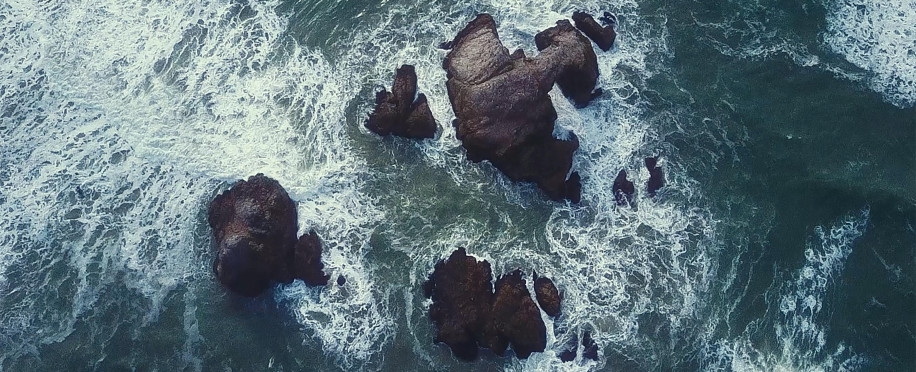Copyright © 2026 lmitac.com All Rights Reserved. Contact - Terms and Conditions - Privacy Policy - Quality Policy - Become an instructor - Vacancies - Sitemap
London Maritime Academy is a trade name for London Premier Groupversion: 2.9.0
London Maritime Academy is a trade name for London Premier Group

Posted on : 6/10/2024, 10:06:57 PM
Last Update : 6/10/2024, 10:06:57 PM
The international maritime business is always looking for new ways to innovate, and what's a better way to create that innovation than marine salvage, recovering shipwrecks, and sending the salvaged parts for repair or recycling?
In this article, we'll discuss principles of marine salvage and how you can help a vessel in distress, stay tuned if you want to learn how to save a new life at sea.
So, what is marine salvage? Before we explore any new and unique technologies, let us give you a brief overview of what this principle is all about.
This term is used to describe the activity of salvaging ships, cargo, or other items as a response to any maritime wreck including grounding, collision, or sinking. This maritime service involves the removal of any sunken or damaged ship that has gone through peril at sea.
Marine salvage services play a crucial role in preventing or at least minimizing the impact of such mishaps on the environment as well as saving people’s lives and assets.
These operations present some of the most intricate engineering problems and might include towing and rescuing stuck vessels, disposal of toxic substances, or recovery of goods from sunk ships.
Among all the new inventions in the development of marine salvage, the most notable is the application of advanced underwater robots. The underwater vehicle ROVs and AUVs are now used for survey, evaluation, and in some dangerous cases, even facilitating the salvaging process.
These are robotic systems with camera systems, sonars, and grippers that enable the robotic systems to work in limited subaqueous settings. They are capable of finding and documenting shipwrecks, determining the extent of the damage that has been done, and sawing through objects that are in the water in addition to enhancing cybersecurity regulations.
Another crucial aspect is using more sophisticated equipment and technology in marine salvage like highly effective lifting bags and stabilization gear. These are used to claim large vessels and to support them, even when they are in stormy waters or in other adverse conditions.
An example are the marine lift bags which can be used in a marine lift boat as a salvage lift bag where it may be inflated with air or water to supply buoyancy and lift for vessels or boats that are stranded or sunk. These bags are made of tough materials and can be made in any dimension depending on the vessels or cargo.

Some of the innovations in the field of Marine salvage technology are environmentally friendly in their approach. An example is the application of underwater robotics, whereby the exercise may reduce or eliminate the likelihood of diving and other related injuries that can leave boaters harmed.
Besides, modern technologies and equipment used in marine salvage operations can be useful to avoid or reduce the extent of an oil slick or any harm of all environmental aspects. Because such technologies can swiftly and effectively tow sunken ships or clean up toxic substances, they assist in preserving fragile oceanic environments and coastal populations.
The advancements in marine salvage technology also have major economic ramifications as well. Since they can enhance the efficiency and effectiveness of salvage operations, these technologies can be of great value in lowering the costs related to maritime casualties.
Even as it stands, the current innovations in the marine industry are quite interesting; yet, this is a rapidly growing profession. We can expect to see even more transformative technologies emerge in the coming years, such as:
Substantial progress in the field of artificial intelligence and machine learning for underwater robotics which will lead to more self-sufficient and efficient work of robotic systems.
The enhancement of new materials and coatings for the marine salvage equipment to improve their sturdiness and efficiency in hostile conditions.
The adoption and use of blockchain and other digital technologies in enhancing tracking and documentation of salvage operations. This offers an opportunity for more jobs to be available for experienced individuals. So if you want to score a job in a marine company, you should specialize in marine salvage because it helps you recover and reuse ships in case of an accident
Advanced crew training through online maritime law courses in UK. These courses encourage students to go down the professional path and just like everyone knows, a well-educated team will be more likely to voluntarily act in cases of an emergency.
If human life is important to you, and you're the type of person who's interested in a quality rescue expertise, marine salvage is one of the most important elements of your skills. If you're an economic leader, think of recycled supplied as a compensation for the accident.
Whatever your goal from marine salvage is, you should know that old habits should be abandoned and the time for innovation has come.